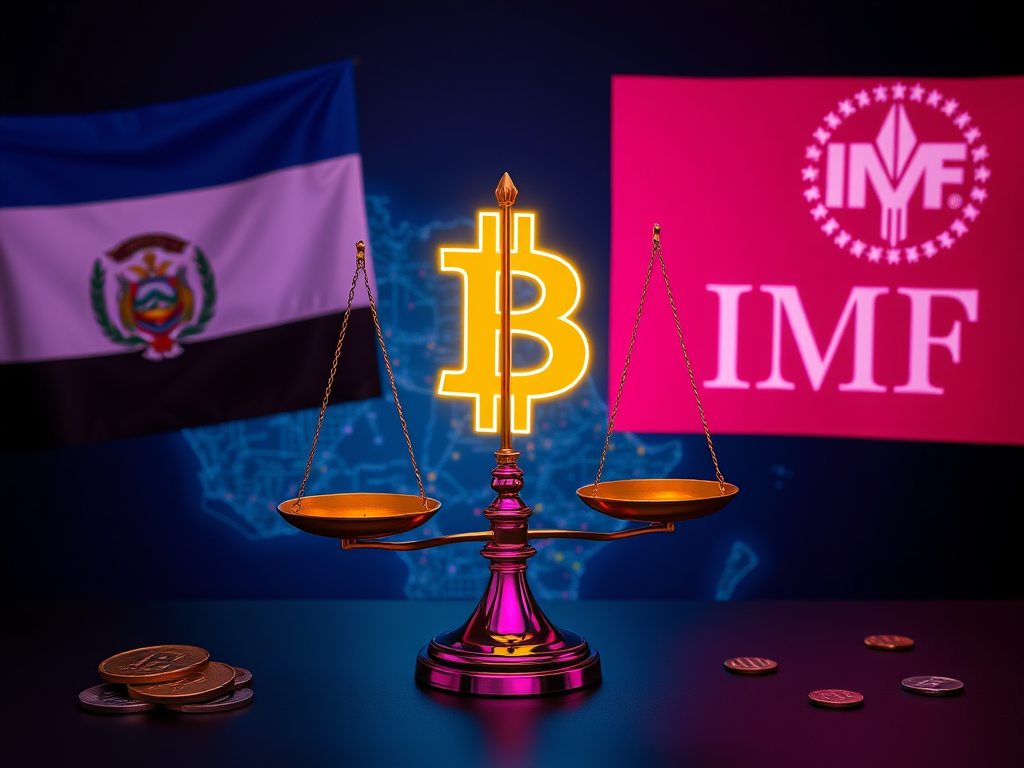Key Points
- The Democratic Party of Korea has reversed its stance and agreed to a two-year delay on implementing cryptocurrency capital gains tax, pushing the effective date to 2027, marking the third postponement since the tax was first proposed in 2021.
- Once implemented, South Korean crypto investors will face a 20% tax on digital asset gains, with the Democratic Party previously proposing to raise the tax threshold from $1,800 to $36,000 to primarily target large-scale investors.
Political Shift in Tax Implementation Timeline
The Korea Democratic Party (KDP) announced on December 1 that it would support the government and ruling People’s Power Party’s (PPP) proposal for a two-year moratorium on cryptocurrency capital gains taxation. This marks a significant reversal from the party’s earlier position, where they had adamantly opposed any further delays, claiming such postponements were merely political maneuvering by the ruling party.
Historical Context of Tax Delays
The journey of South Korea’s cryptocurrency taxation policy has been marked by multiple postponements. Initially scheduled for implementation in 2021, the policy faced significant resistance from cryptocurrency stakeholders, leading to its first delay to 2023. Subsequently, it was pushed to 2025, citing concerns about investor interests. With this latest development, the implementation has been further delayed to 2027, representing a cumulative six-year postponement from the original timeline.
Competing Political Proposals and Negotiations
The tax implementation debate has seen various proposals from different political entities. The ruling People’s Power Party advocated for a three-year grace period, arguing that rapid taxation could drive investors away from the market. Meanwhile, the Democratic Party initially proposed an alternative approach, suggesting an increase in the tax threshold from $1,800 to $36,000, aiming to focus taxation on larger investors while protecting smaller market participants.
The final agreement on a two-year delay represents a compromise between the government’s position and the PPP’s original proposal for a three-year extension. This development aligns with the ruling party’s election promises and reflects the ongoing effort to balance regulatory oversight with market stability in South Korea’s cryptocurrency sector.















